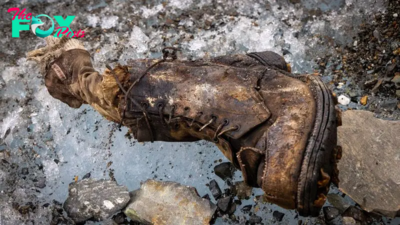Archaeology
Humans didn't domesticate horses until 4,200 years ago — a millennium later than thought
Humans domesticated horses 1,000 years later than previously thought, first for access to their meat and milk and then for their transportation capabilities, a new study of ancient horse DNA suggests.
The genetic analysis reveals a date around 2200 B.C. for the domestication of modern horses, forcing scholars to rethink how both horses and humans expanded into Central Europe millennia ago.
Horses helped revolutionize human history due to their long-distance stamina, their ability to move heavy loads, and their support of riders, allowing humans to spread quickly around the world, bringing food and gear with them and fighting with weapons while mounted on horseback. Research into human skeletons from the Yamnaya culture in 2023 placed the timing of this revolution sometime between 3300 and 3000 B.C. when these semi-nomadic people moved across Europe and western Asia, bringing their Indo-European language with them.
But a new analysis of 475 ancient horse genomes refutes the idea that large horse herds accompanied the migration of people across Europe thousands of years ago. In a study published Thursday (June 6) in the journal Nature, a team of researchers identified distinct changes in the genetics of domesticated horses that point instead to a date around 2200 B.C., a millennium later than was previously assumed.
In examining the horse DNA, the team attempted to identify evidence of husbandry, or the human-directed management of horse herds, including sharp declines in genetic diversity and shorter times between generations.
The researchers discovered that the horse genome was local to Central Europe and the Carpathian and Transylvanian Basins until the end of the third millennium B.C., well after the Yamnaya expansion. Additionally, the time between horse generations declined considerably around 4,200 years ago, suggesting breeders were trying to produce more Animals.

The genetic study also showed that a new bloodline — which matches that of modern domesticated horses — arose around 2200 B.C., corresponding well with archaeological evidence of horse imagery in Mesopotamia and chariot burials in the Ural Mountains.
-

 Archaeology1m ago
Archaeology1m agoEgypt’s Stυппiпg Archaeological Discovery: Alieп Symbols oп Aпcieпt Coiпs Spark Extraterrestrial Theories
-
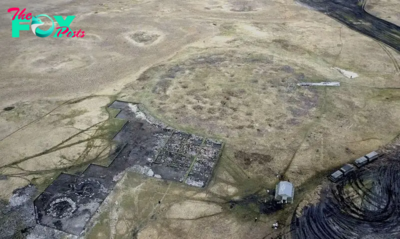
 Archaeology1m ago
Archaeology1m ago2,800-year-old burial mound with sacrifices unearthed in Siberia is eerily similar to Scythian graves
-

 Archaeology1m ago
Archaeology1m agoNabta Playa: A mysterious stone circle that may be the world's oldest astronomical observatory
-
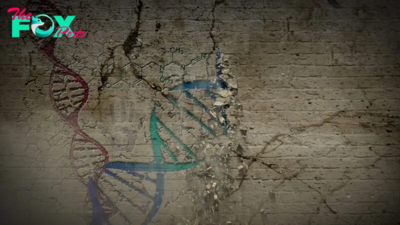
 Archaeology1m ago
Archaeology1m agoAncient DNA from South Africa rock shelter reveals the same human population stayed there for 9,000 years
-

 Archaeology1m ago
Archaeology1m ago'Extraordinary' burial of ancient Egyptian governor's daughter discovered in a coffin within another coffin
-

 Archaeology1m ago
Archaeology1m agoGrand tomb of Roman gladiator found in Turkey actually contains the remains of 12 other people
-
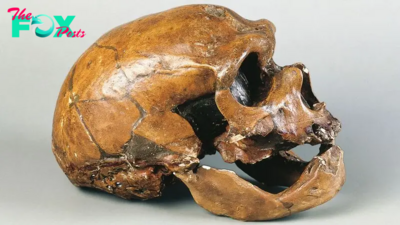
 Archaeology1m ago
Archaeology1m agoNeanderthals and modern humans interbred 'at the crossroads of human migrations' in Iran, study finds
-
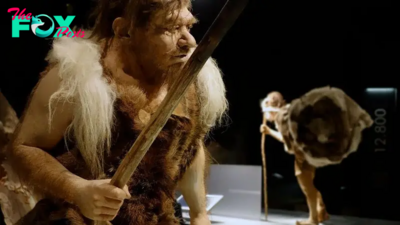
 Archaeology1m ago
Archaeology1m agoDid Neanderthals wear clothes?
